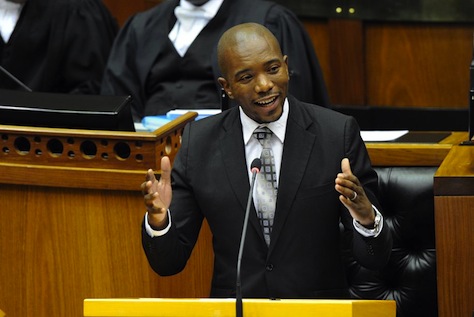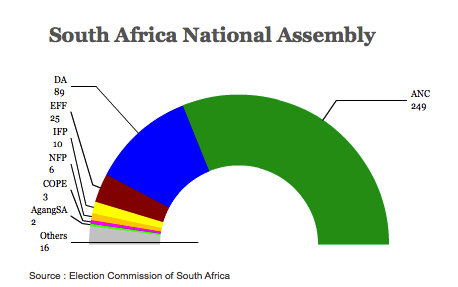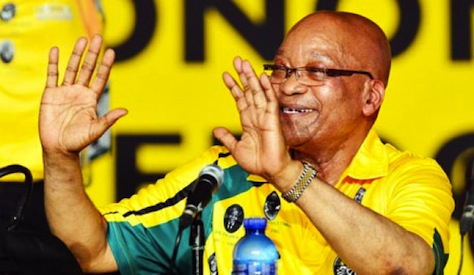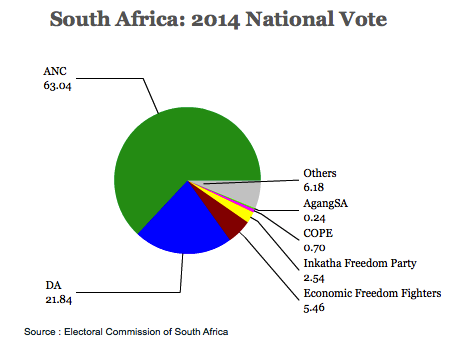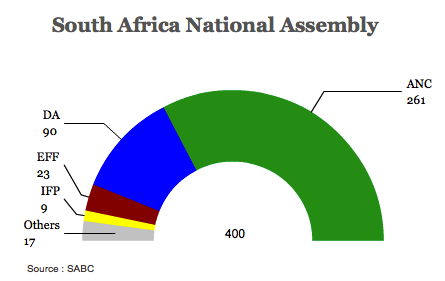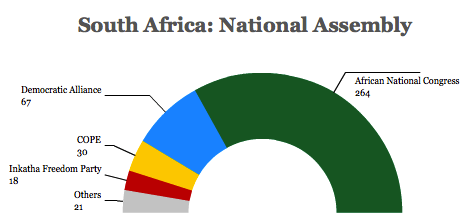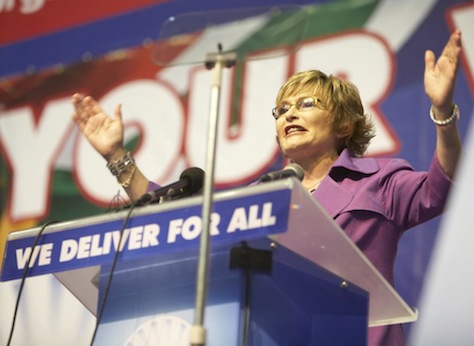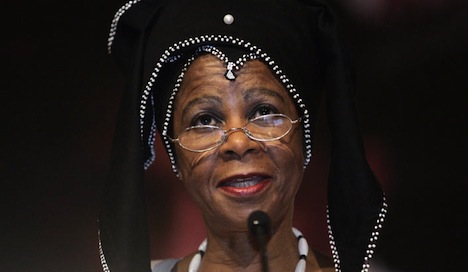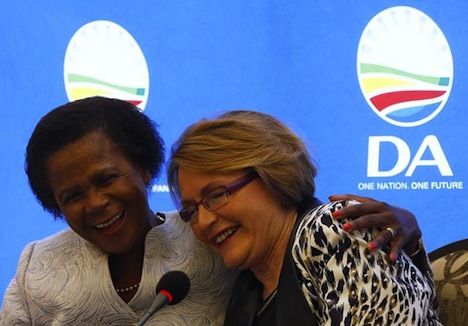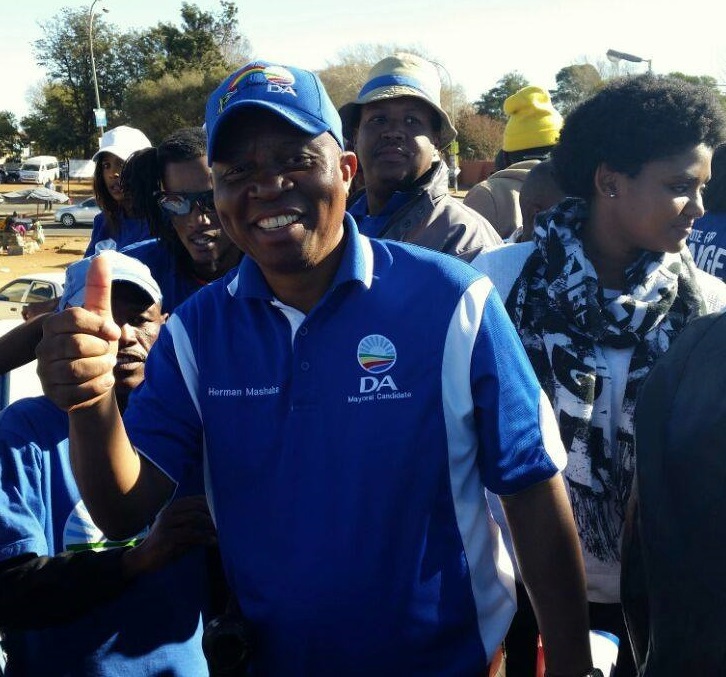
Though the Democratic Alliance (DA) didn’t win the greatest number of votes in local elections in Johannesburg municipality in the country’s local elections on August 3, the party’s mayoral hopeful, Herman Mashaba, was elected Monday as mayor in the most populous municipality of South Africa.![]()
Mashaba, a successful businessman who hopes to bring a more market-driven approach to running the South African metropolis, won the votes of 144 council members, ousting the popular incumbent Parks Tau of the African National Congress (ANC), who won just 125 votes. Another DA official, Vasco Da Gama (no relation to the explorer), was also elected speaker of the Johannesburg council on a chaotic day in which one of the ANC’s council members collapsed and died amid the voting.
Greater Johannesburg, with around 7.5 million people, is the third-most populous metropolitan area in sub-Saharan Africa, after Lagos and Kinshasa-Brazzaville. It’s an amazing opportunity for the DA to weaken the two-decade grip that the ANC has held on power in South Africa and most of its major cities (excepting Cape Town and Western Cape province, which have become strongholds for the Democratic Alliance).
* * * * *
RELATED: DA impresses with wins in South African municipal elections
* * * * *
That the ANC — Nelson Mandela’s ANC (!) — still the only party to rule post-apartheid South Africa, and not by a small margin, has lost control of Johannesburg is an incredible blow. The ANC’s woes are compounded by clearer losses to the DA in two other municipalities: Nelson Mandela Bay, a municipality that includes Port Elizabeth, the largest city of Eastern Cape province; and Tshwane, which includes Pretoria, South Africa’s administrative and executive capital.
Under a new, youthful black South African leader in Mmusi Maimane, the Democratic Alliance will now have three years and three cities to demonstrate that it is ready to compete directly with the ANC across the entire country and govern in a responsible manner. Under the leadership of Maimane and several fresh faces, the Democratic Alliance seems to be shedding its unfair image as a party of white South Africans devoted to defending white interests. Mashaba, 56 years old, is a well-known businessman who founded a hair care products company, Black Like Me, in the 1980s, and leveraged his success to build a wide business empire.
His pro-capitalist approach to economic policy means that he will attempt to boost private-sector job creation while working to reduce corruption. Though he will have a five-year term as Johannesburg mayor, the DA will have relatively less time to showcase that it is fit to run the national government before the next set of general elections in 2019. Continue reading South Africa’s largest city Johannesburg gets new opposition mayor
